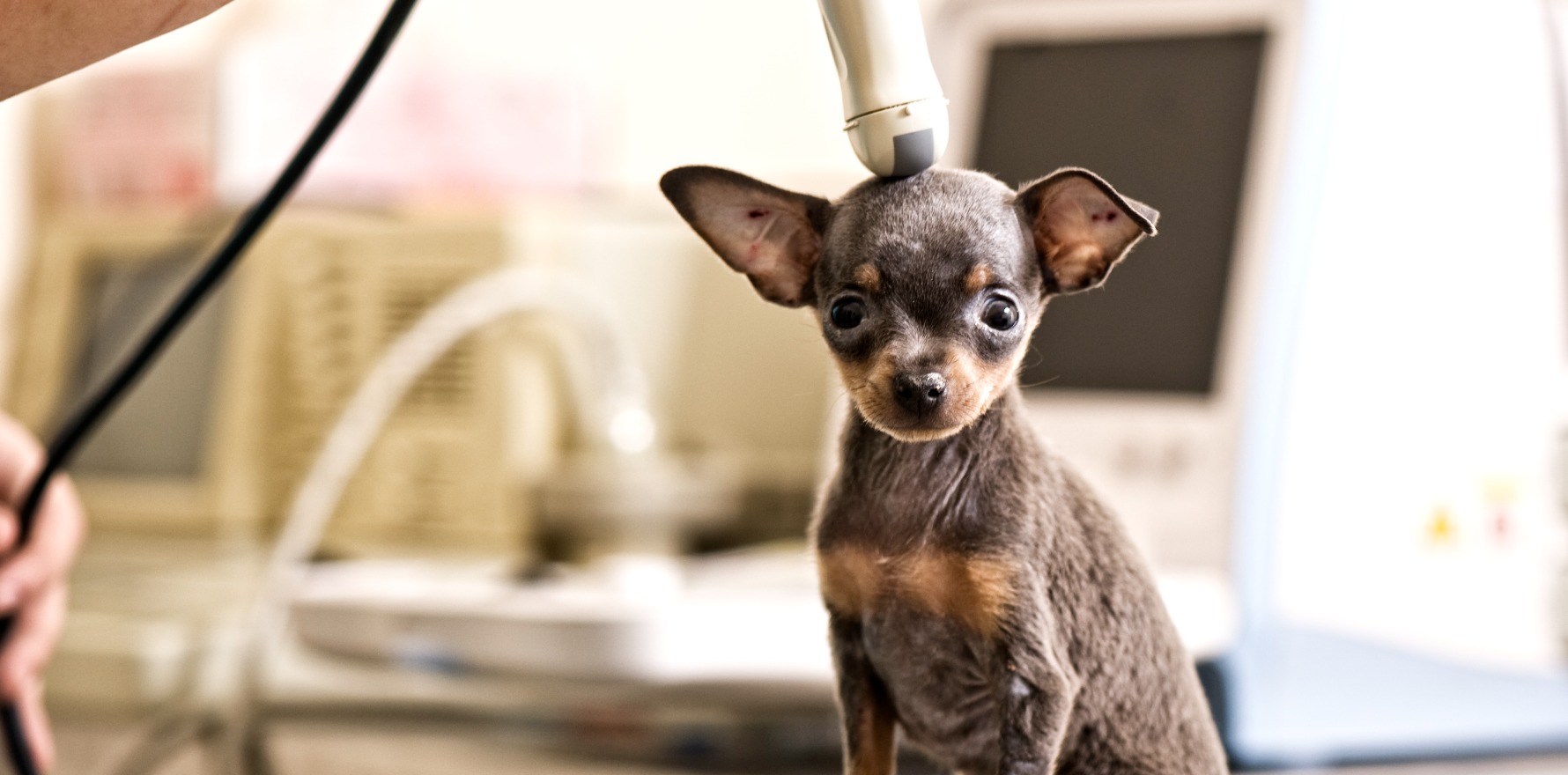But concerns over the evidence and out-of-pocket costs remain.
Patients with essential tremor may soon have access to a new, non-invasive treatment via the MBS.
The Medical Services Advisory Committee have recommended the government subsidise MR-guided focused ultrasound treatment for patients with medication refractory essential tremor.
However, the support is dependent on applicant Insightec and the MSAC Executive agreeing on a suitable set of item descriptors and fees.
Magnetic resonance-guided focused ultrasound was deemed clinically non-inferior to deep brain stimulation, the alternative surgical treatment, based on new, but low-quality, clinical trial data from single-arm and unpublished studies.
“Noting limitations in the clinical evidence, MSAC accepted that it was unlikely that better evidence would be available in the future and therefore accepted that magnetic resonance-guided focused ultrasound addressed an unmet clinical need, and was at least as effective and cost-effective as surgery, with an acceptable safety profile,” the report read.
The MSAC also expressed concerns that patients undergoing the procedure may face high out-of-pocket costs, depending on whether the required consumables would be covered by the Prosthesis List. The cost of the consumables was redacted from the publicly available summary documents.
The approval comes after the previous request, made in 2020, was knocked back due to concerns over the procedure’s methodology, safety and economic feasibility.
Essential tremor is a chronic and progressive neurological condition that does not have an underlying cause, such as Parkinson’s disease.
The procedure uses ultrasonic pulses, guided by real-time MRI images, to stop the abnormal activity of the ventralis intermediate nucleus in the thalamus, reducing – or in some cases, completely stopping – the tremors.
“[It] remains an under-diagnosed and under-treated disease. About 50% of patients with moderate to severe essential tremor do not respond adequately to medication,” Dr Stephen Tisch, a neurologist from St Vincent’s Hospital in Sydney, said in a statement.
“Our only previous surgical option was an open procedure that required penetration of the skull; not all patients are eligible or willing to undergo that,” said Dr Benjamin Jonker, a consultant neurologist from St Vincent’s.
The technology is currently used in two private hospitals: St Vincent’s Hospital in Sydney and FMIG/Precision Brain, Spine & Pain in Melbourne.





